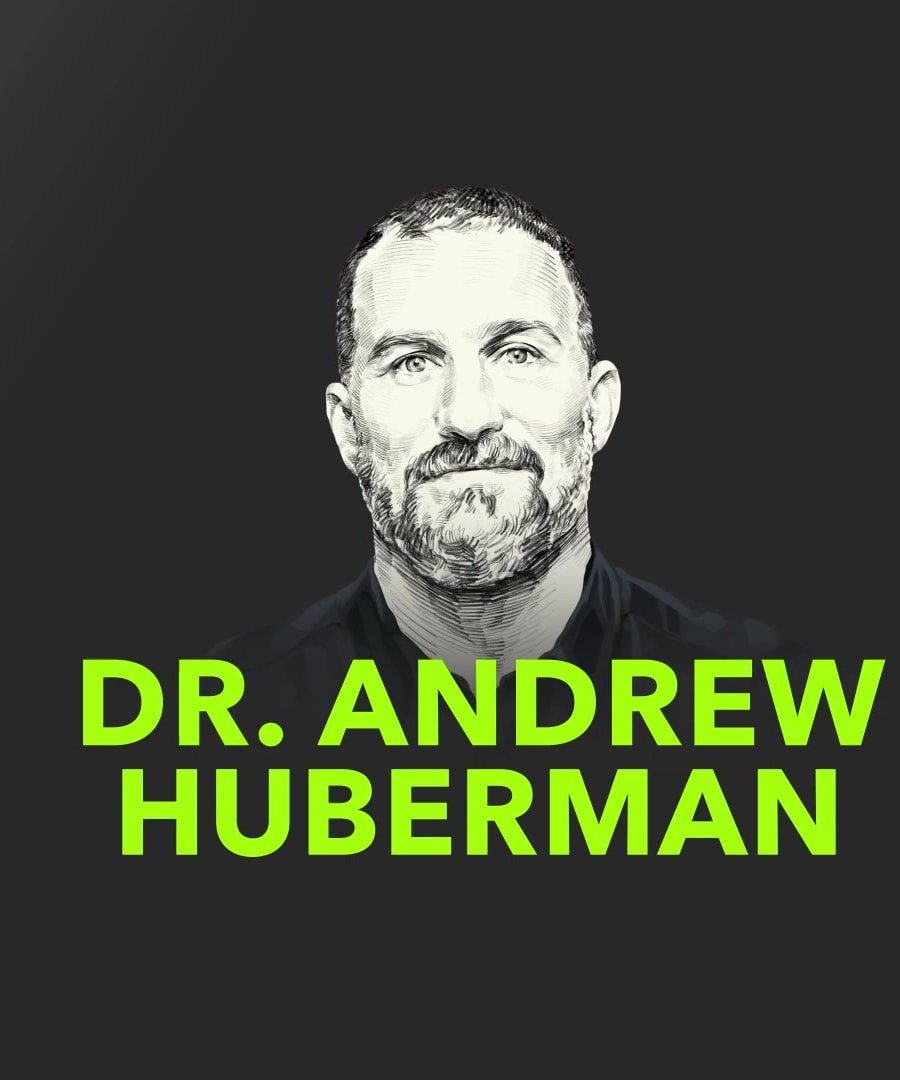what is the best time to take magnesium?
Sources:
According to Dr. Andrew Huberman, the preferred time to take certain forms of magnesium such as magnesium threonate or magnesium bisglycinate is about 30 to 60 minutes before sleep. These forms can be transported across the blood-brain barrier more readily than other types of magnesium. He indicates that approximately 145 milligrams of magnesium threonate can be beneficial for most people, with some requiring higher or lower amounts, depending on individual tolerance and the specific effect desired from magnesium supplementation. Specifically, he notes that taking magnesium threonate or bisglycinate before sleep can enhance the transition time to sleep and improve the depth of sleep, based on his personal experience and supporting data suggesting these forms of magnesium can be neuroprotective 1.
Do note that this usage is particularly oriented towards improving sleep quality, and you should always consult with your physician before starting any new supplementation regimen to ensure it is appropriate for your health and circumstances.
what else is like magnesium?
Sources:
Dr. Andrew Huberman has discussed several supplements and practices that have similar effects to magnesium, particularly regarding supporting sleep and cognitive function. Some alternatives or complements to magnesium that have been mentioned include:
-
Theanine: This amino acid is known for its calming effect and can create a hypnotic state, aiding in falling asleep and relaxing the mind. It should be taken in moderation, especially by people prone to sleepwalking or night terrors due to its potential to induce vivid dreams 1.
-
Apigenin: A bioflavonoid found in chamomile, known for its mild sedative effect, acting as a chloride channel agonist. It can help in calming the brain and easing the transition to sleep 2.
-
Melatonin: Although Dr. Huberman has voiced strong reservations about using melatonin due to its potential side effects and the very high levels found in most supplements compared to what the body naturally produces, it is commonly discussed as a sleep aid 3.
-
Omega-3 fatty acids: These essential fatty acids are known for their role in brain health and cognitive function, and while not a direct substitute for magnesium, they complement overall brain health.
-
Vitamin D: Another essential nutrient that, while not serving the exact same functions as magnesium, is crucial for overall health and can have an impact on sleep when levels in the body are adequate.
The best way to assess which supplements or practices may be beneficial and appropriate for you would be to consult with a healthcare provider who can consider your specific health needs and contexts. Remember to always consult with a physician before starting any new supplement and to ensure proper dosage and safety.
-
what is the best time to take magnesium?
what else is like magnesium?



